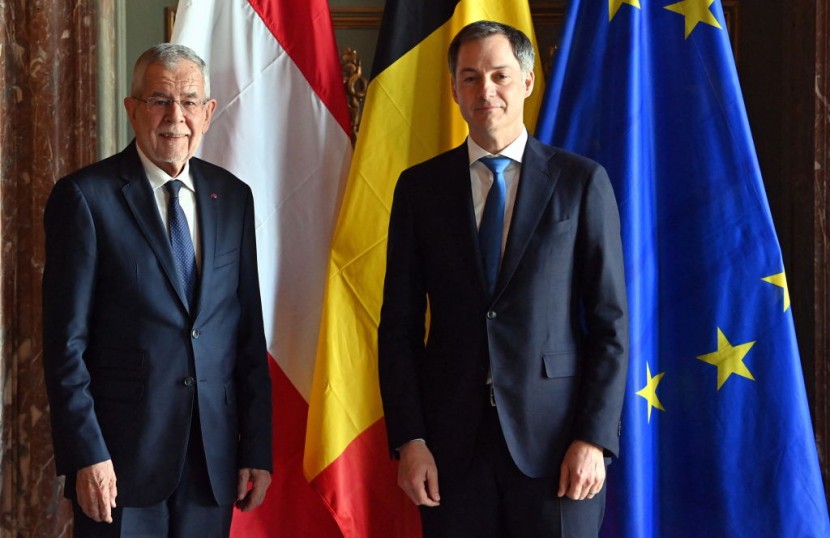
Belgium, as an EU member, asked bloc officials to slow down on anti-Russia sanctions as recent events are alarming.
Belgian Prime Minister Alexander De Croo has no problem with it but suggested caution to study its effects. He added that more discussions should be considered if they will be applied depending on the leaders' decision.
Some Bloc Members Disagree With Sanctions
Earlier on Tuesday, EU Council President Charles Michel acknowledged that EU members had agreed in principle for the sixth round of anti-Russia sanctions, including a limited oil embargo, reported RT.
The punitive measures are all in response to Russia's military campaign in Ukraine. De Croo told the press before the EU summit's second day in Brussels that the effect of oil sanctions will be huge and that pausing is necessary, cited Post of Asia.
He added that the big step forward may stop now and see its impact. Stressed that what's important is looking for a way to keep prices for energy from going rampant.
In the meantime, Estonian Prime Minister Kaja Kallas called on the EU to take into account a gas embargo as part of another round of punitive measures on Tuesday. She made it clear, nevertheless, that she did not anticipate the bloc to take such actions anytime soon.
To date, the data of the European Commission shows the bloc still gets 40% of natural gas from Russian sources. Speaking to journalists that gas should be in the seventh round of anti-Russia sanctions, but it should be realistic, it won't be added. EU member Belgium gave a different view from Estonia that approved of it.
As a result, Austrian Chancellor Karl Nehammer asserted that the next sanctions bundle does not include gas.
The Sixth Package of Sanctions
Sber, Russia's largest bank, is exempted from the SWIFT financial messaging system under the sixth package of measures, which is anticipated to be approved on Wednesday.
According to media sources, the bloc also blacklisted three more Russian broadcasters and tried to impose additional individual restrictions on Russian citizens. Russian pipeline oil is likely to be banned n the future, according to EU leaders.
President Vladimir Putin alleged that European leaders gave up Russian energy by trying to commit economic suicide at the behest of its masters in Washington.
Moscow called the sanctions illegal that was heaped on Russia but is hitting back hard. All payments will be in Rubles with no exception that had bloc members yelping in protest. Reckless economic penalties by the US and EU caused energy and food insecurity.
Official figures released Tuesday, inflation in the Eurozone exceeded all anticipation in May, hitting a new high of 8.1 percent alongside rising energy costs, cited Fars New.
Based on a flash assessment by the European Union statistics agency Eurostat, the main component of inflation in the euro area is energy, which is expected to increase by 39.2 percent in May, showcasing the impact of global scarcity due to sanctions.
Food prices are expected to increase by 7.5% compared to 6.3% during April, and industrial supplies are up to 4.2%, with services at 3.5%, said experts.
Consumer prices in the Eurozone's 19 member countries are soaring at the fastest rate from records beginning in 1997. Annual inflation last May is forecast to reach 7.8 percent, up from 7.4 percent in April.
Based on this, EU member Belgium suggested that Russian sanctions be delayed as food and energy security numbers have become terrible for the bloc.
Related Article: Global Food Crisis Threatens Grain, Sugar Shortages Brought About by US Proxy War Against Russia in Ukraine








